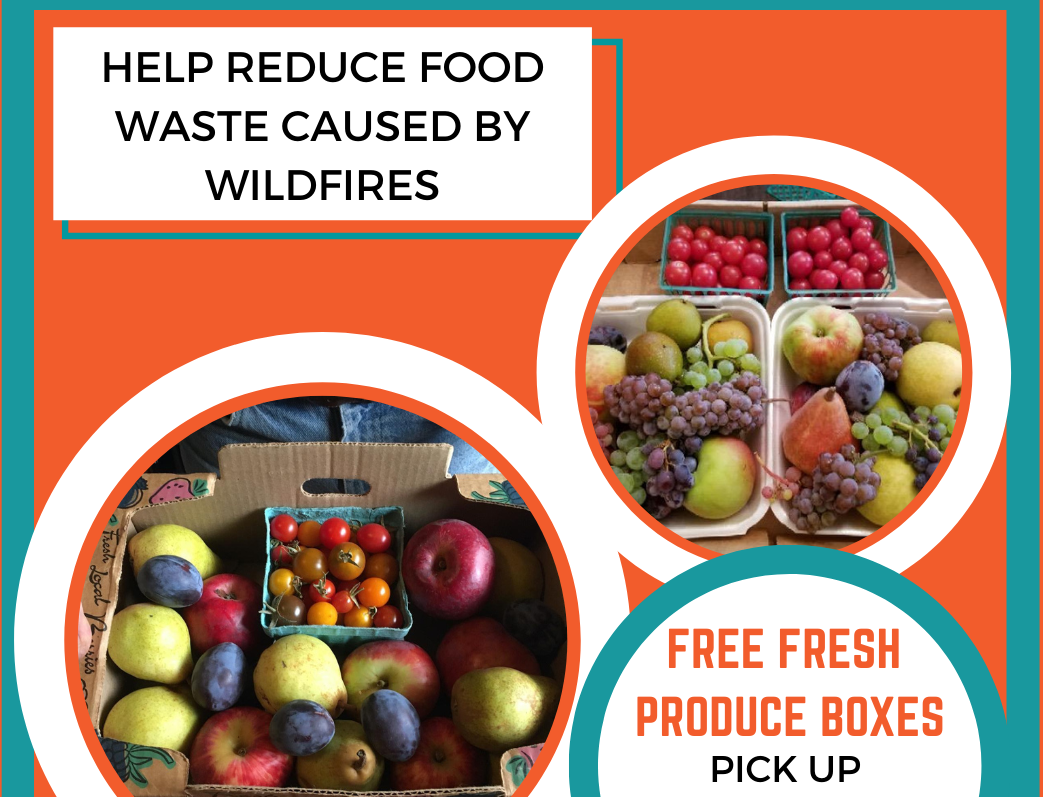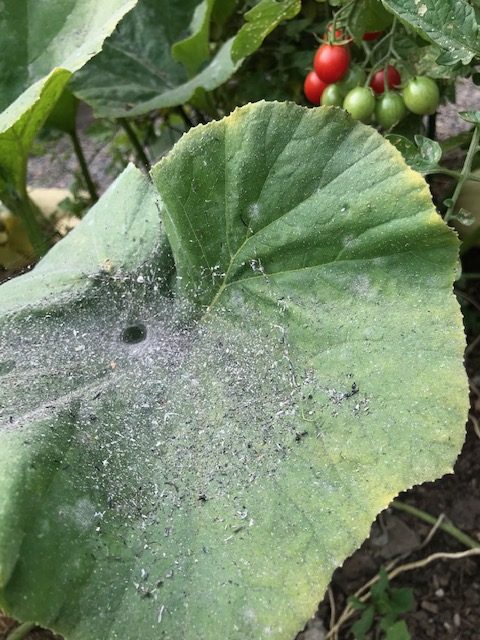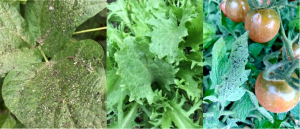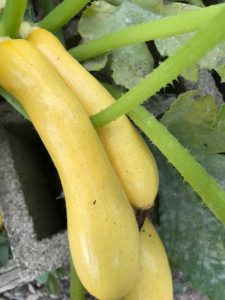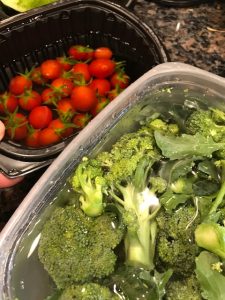Greetings, Conscientious Food Consumers!
Blessed rain has returned to western Oregon during the past week, bringing fresh air to our lungs and progress in the containment of the monstrous fires raging in our region since Labor Day, including the Holiday Farm and Beachie Creek conflagrations in nearby counties.
A number of those displaced or made homeless by the fires found temporary shelter here in Benton County, at hotels, motels, in private homes or camped out at the county Fairgrounds, which also provided facilities for displaced horses, farm animals and other livestock. Many local resources and volunteers have been mobilized in the spirit of caring and sharing, and we at NFLB salute all of these efforts.
In particular, we’d like to give a shout out for It’s On Us Corvallis — a fellow project of the Corvallis Sustainability Coalition — which has helped comfort those evacuees, host families, and others who have suffered financial hardship due to the wildfires with freshly prepared meals and food boxes. This also prevented countless pounds of food from going to waste during closures due to smoke. And it’s all been made possible by more than $62,000 in donations from our generous local community!
Between September 8th and 18th, IOU Corvallis was instrumental in the mobilization of a massive community-based food distribution effort on behalf of evacuees. Numerous local restaurants, nonprofit and hotel industry partners, farms and volunteer food preppers sourced, prepared and delivered 8,000 meals to local hotels, shelters, the Fairgrounds — even to people sheltering in their cars along the waterfront. They worked with local officials and hotel owners to monitor daily need and prevent waste.
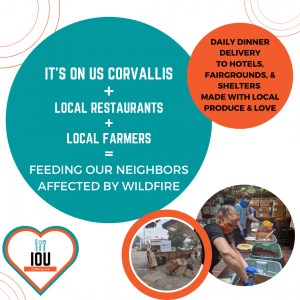
As expressed on the IOU Corvallis Facebook page, “This is an effort to reduce food waste, show community support to our neighbors displaced by fires, and allow our community restaurants to recuperate some of their lost revenue from yet another economic blow.”
This short “Thank You Corvallis” video featuring IOU Corvallis’ key partners in the effort — Bombs Away Cafe, The Brass Monkey, Forks and Corks Catering, and Kalamata Bistro — will make your day!
When hazardous air quality shut down the outdoor markets, IOU Corvallis, Common Fields and the Corvallis Albany Farmers’ Markets organized the collection and distribution of 170 food boxes of fresh produce from local farms, thus preventing revenue losses and waste of those market-bound products.
While NFLB’s primary focus is reducing wasted food at home, we applaud the IOU Corvallis effort to prevent waste at businesses and restaurants, and get fresh, quality food to local people who need it. Especially during the COVID-19 era, food sharing and donation are crucial for addressing food insecurity. The U.S. EPA’s Hierarchy for Food Recovery lists it as number two among sustainable food management practices.
Prior to September 8th, It’s On Us was famous for introducing local residents to the experience of the fabled “free lunch” — known as “community meals” — at a variety of local restaurants. Using the “pay it forward” method of crowd sourced fundraising, IOU Corvallis solicits tax deductible donations from community, and uses the money to purchase bulk food orders from local restaurants. The restaurants then prepare and distribute a limited number of individual servings (say 250) for the public on a specific date and time, as announced on IOU Corvallis’ Facebook page.
Anyone could wait their turn (in a socially-distanced line) to receive a free pre-made lunch to-go with no questions asked. The unspoken rule: “Pay it forward” (donate) when you can. I myself enjoyed a wonderful veggie curry from Corvallis’ popular Evergreen Indian restaurant, but others went away empty-handed because they hadn’t gotten in line early enough.
These community meals are now on hold as of September 8th, when It’s On Us announced it was taking a break for evaluation purposes. That was also the day when the wildfires turned our skies orange and IOU Corvallis quickly pivoted toward disaster response.
Back in April, as we all reeled from the stresses of quarantine and the COVID-19 threat, many local restaurants and food businesses were suffering heavy financial losses. So a trio of local volunteers — retired German professor Elizabeth Jones, Food Action Team leader Aliza Tuttle, and Leadership Corvallis alum Ashley Relf — came up with an innovative way to show appreciation to local health care and essential workers, and stimulate local economy at the same time.
They created a GoFundMe campaign, recruited some businesses and volunteers, and It’s On Us was launched.
Since then, the project has tallied the production of 10,500 meals involving 40 locally-owned restaurants, and inspired 700 individual donors. In May, it became an official project of the Sustainability Coalition’s Food Action Team.
You can support It’s On Us Corvallis by making a tax-deductible donation through the Sustainability Coalition, via GoFundMe, or Venmo: @itsonus_corvallis.
Let’s keep the caring and sharing going, and support local businesses feeding our community!


